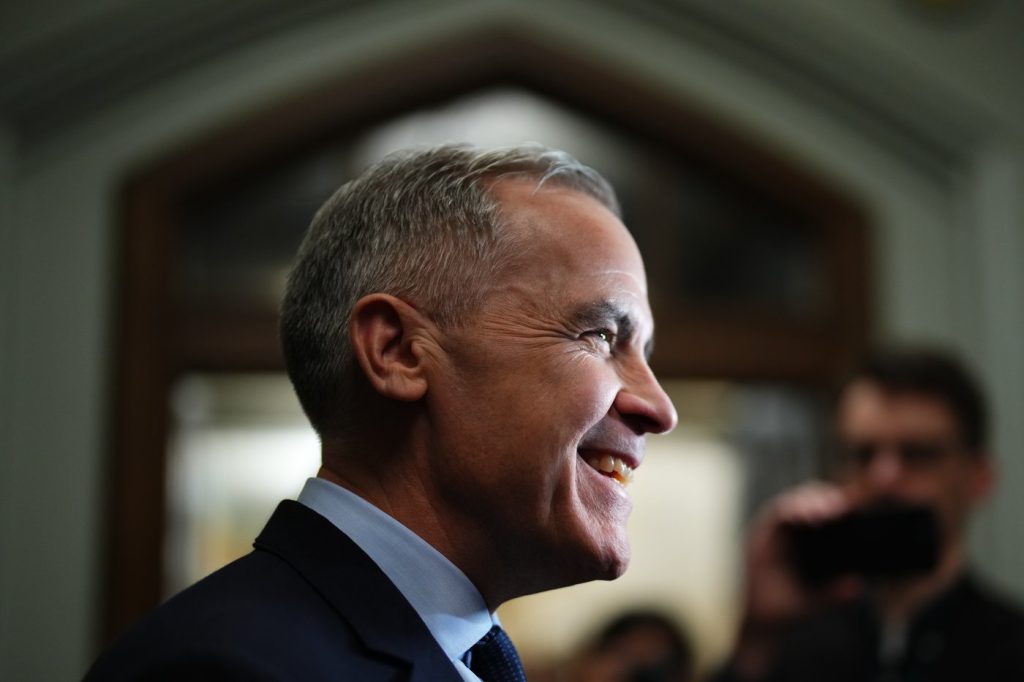OTTAWA – Mark Carney is set to announce the composition of his cabinet on Friday morning, a lineup of Liberal ministers tasked with guiding Canada through the upcoming election. This announcement is anticipated to bring clarity on how the new government will address key issues facing the nation in the lead-up to the elections.
The swearing-in ceremony for Carney's government is scheduled for 11 a.m. at Rideau Hall. This event marks a significant transition in Canadian politics as Carney, who has previously served in prominent roles, takes the reins. Observers are keenly interested in the directions he will take, particularly in light of recent political dynamics.
Current reports suggest that the size of the new cabinet will be reduced compared to the previous administration of Justin Trudeau, which had a total of 37 ministers. This reduction indicates a possible shift in governance style and efficiency as Carney aims to streamline operations within the government. The new team will need to be agile in responding to various national and international challenges.
Among the notable developments is the departure of seven ministers from Justin Trudeau's cabinet who have announced they will not be running in the next election. This list includes prominent figures such as Justice Minister Arif Virani and Agriculture Minister Lawrence MacAulay. Their exits open up space for new appointments and reflect the evolving landscape of the Liberal Party as it prepares for the electoral battle ahead.
Despite these departures, the core team responsible for navigating the trade war with the United States remains intact and is planning to seek re-election. Key members of this group include Foreign Affairs Minister Mélanie Joly, Industry Minister François-Philippe Champagne, Finance Minister Dominic LeBlanc, and Public Safety Minister David McGuinty. Their experience and established roles are crucial as Canada continues to address various economic and security issues in a complex global environment.
As Carney prepares to finalize his cabinet, he faces the decision of whether to include two of his former leadership rivals—Chrystia Freeland and Karina Gould—in ministerial positions. Both have had significant influence within the party and their inclusion could signal a unifying approach or an effort to broaden support within the Liberal ranks. The decision may also reflect Carney’s strategy for consolidating power and ensuring a cohesive team in the lead-up to the elections.
The announcement of the new cabinet is expected to set the stage for the Liberal Party's strategies and priorities as they confront upcoming legislative challenges and electoral debates. Carney’s leadership is under scrutiny as the political climate in Canada evolves, and his choices regarding cabinet appointments will play a crucial role in shaping the government’s vision going forward.
As the political landscape in Canada continues to shift, all eyes will be on Carney’s cabinet selection and the implications it holds for the party's future and the country's direction as it moves towards the polls.










